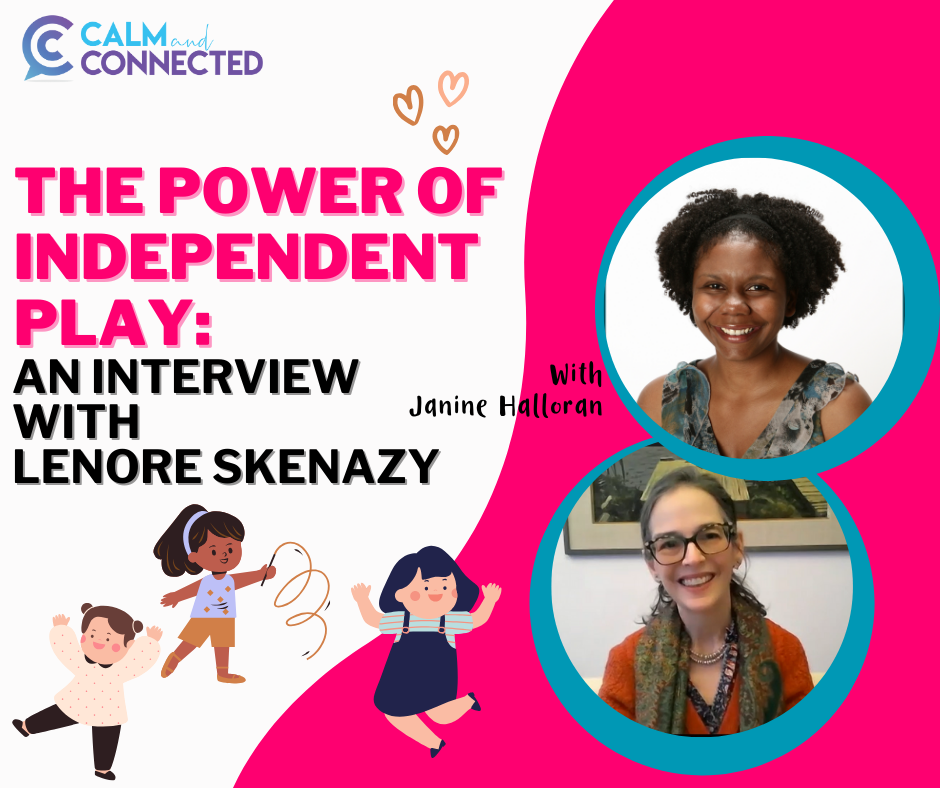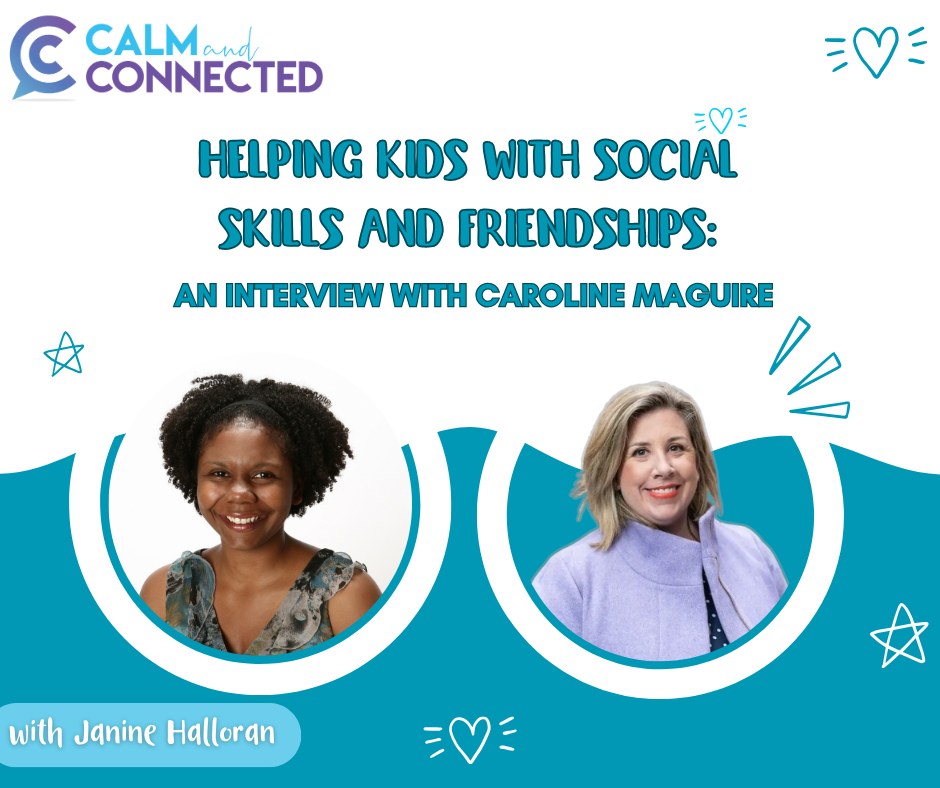You’re on the phone with the school counselor, talking about the concerns you have about your son’s social skills. You hear the words you’ve been dreading - “Mrs. Jackson, one of the best ways to work on these skills is on a play date with one other child. Maybe it makes sense to try to set up a few playdates for him”. But how do you do that? Where do you even begin?
Setting up and prepping for a playdate doesn’t need to be super complicated or take a lot of time. Check out these tips to help you set up and host a successful playdate for your child!
Arrange the date
First things first, you have to figure out who would be a good child to have over for a play date. Talk with your child about who they want to invite over. Help them choose one child who seems friendly and kind. Keep your eyes open when volunteering at the school, during after school activities or on the playground. Look for children who interact well with yours, or have a similar temperament to your child. You never know where you could meet a potential friend.
Most likely, you're going to be the person who is reaching out to the other family to ask about arranging a time. Sometimes this is the hardest step. It’s hard to put yourself out there and see if others want to come over and play. Sometimes the answer may be no, but you'll never know unless you try!
Depending on the age and comfort level of your child, your child may want to ask about a playdate themselves. If your child feels comfortable, have them approach the other child to suggest a play date. You can role play it with your child beforehand, including what to do if the other child says no.
Start where they are comfortable
If you think your child may have difficulty on a play date, it will work best to have a first play date with a new friend at your own house. Your child will feel more comfortable in a familiar environment. You’ll be able to keep an eye and ear out during the play date so you can step in if things start to break down.
Preview with your child
Remind your child to be polite and respectful to your guests. Talk through specifics - how can you show respect during a board game? How can you be polite even if you don’t agree with your friend? What happens if your friend wants to play a game and you don’t want to?
Special Items
If your child has special items/toys that they don’t want touched or broken, move them to a safe spot where they won’t be touched.
Keep it short and sweet
If your child is struggling on playdates, schedule the playdate to be short - 60 minutes is ideal, 90 minutes at the most. The goal is to have them experience a good playdate, and having the playtime run too long can lead to more challenging, difficult behaviors. Keep it short and sweet. Once your child is familiar with the other child and you have a few positive experiences under your belt, you can extend the length of the playdate.
Keep it small
There should only be two children on the playdate, your child and your child’s potential friend. Keep siblings occupied and out of the way as much as you possibly can. As a mom, I know this is super challenging, but also worth it. More socially adept siblings can take over a playdate and not even realize that they are doing it. Have something special for your other child to do at that time - or better yet, schedule a playdate for them at the same time.
In general, having 3 children on a playdate can be a recipe for disaster. With 3, it’s easy for someone to get left out. The whole point is to have your child have a good experience on a playdate.
Prep a couple of activities
Pick a couple of games or activities that the children might want to do together and have those ready to go when the playdate starts. Your child may really love LEGOs so you might want to have some out and ready to play. Or they may want to do some drawing and creating, so set out some arts and crafts supplies.
Be ready with a snack
A good playdate can sometimes go south quickly if the participants are hungry or thirsty. Just be prepared with a little snack or drink. It can also serve as a break if they need one.
With these simple tips, your child will be more likely to have a positive and fun playdate experience. If things don't go so well, check out our tips for how to manage when a playdate goes wrong.
A couple of weeks later, you host a play date at your home. After a few shy minutes at the beginning, you see your son and this boy connect, laugh and play together. At the end of the playdate, now you hear the words you’ve been wanting to hear - “Mom, that was so much fun!! When can Bobby come over again?”
Looking for ideas of what to do on playdates? Check out the Ultimate Playdate Guide!













